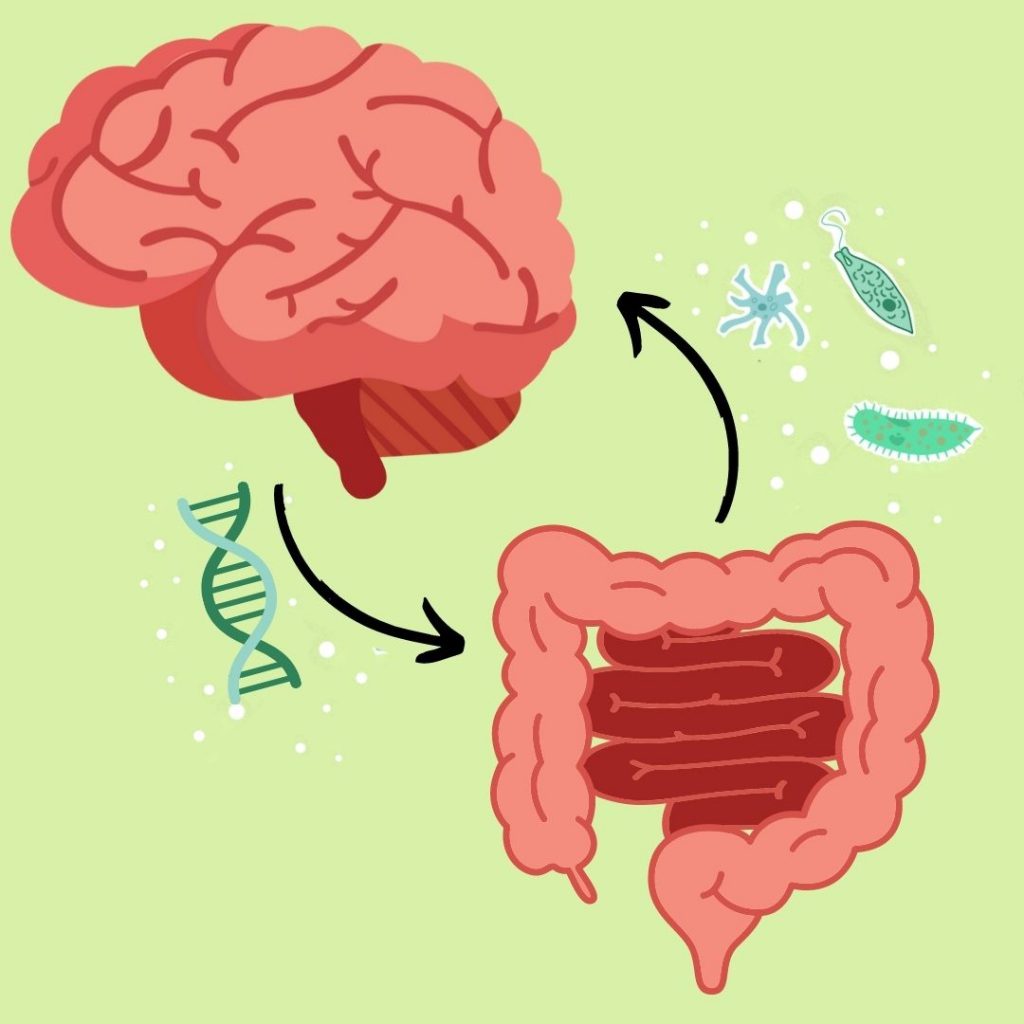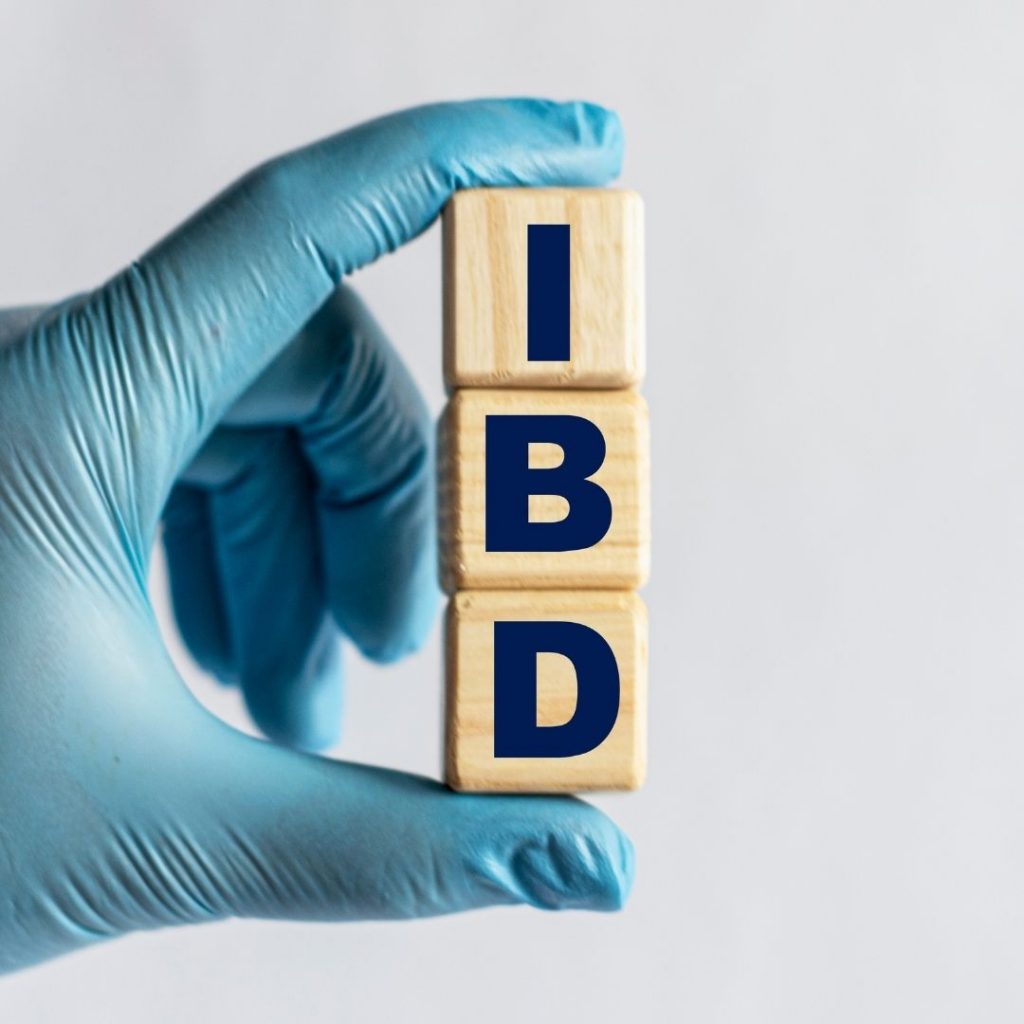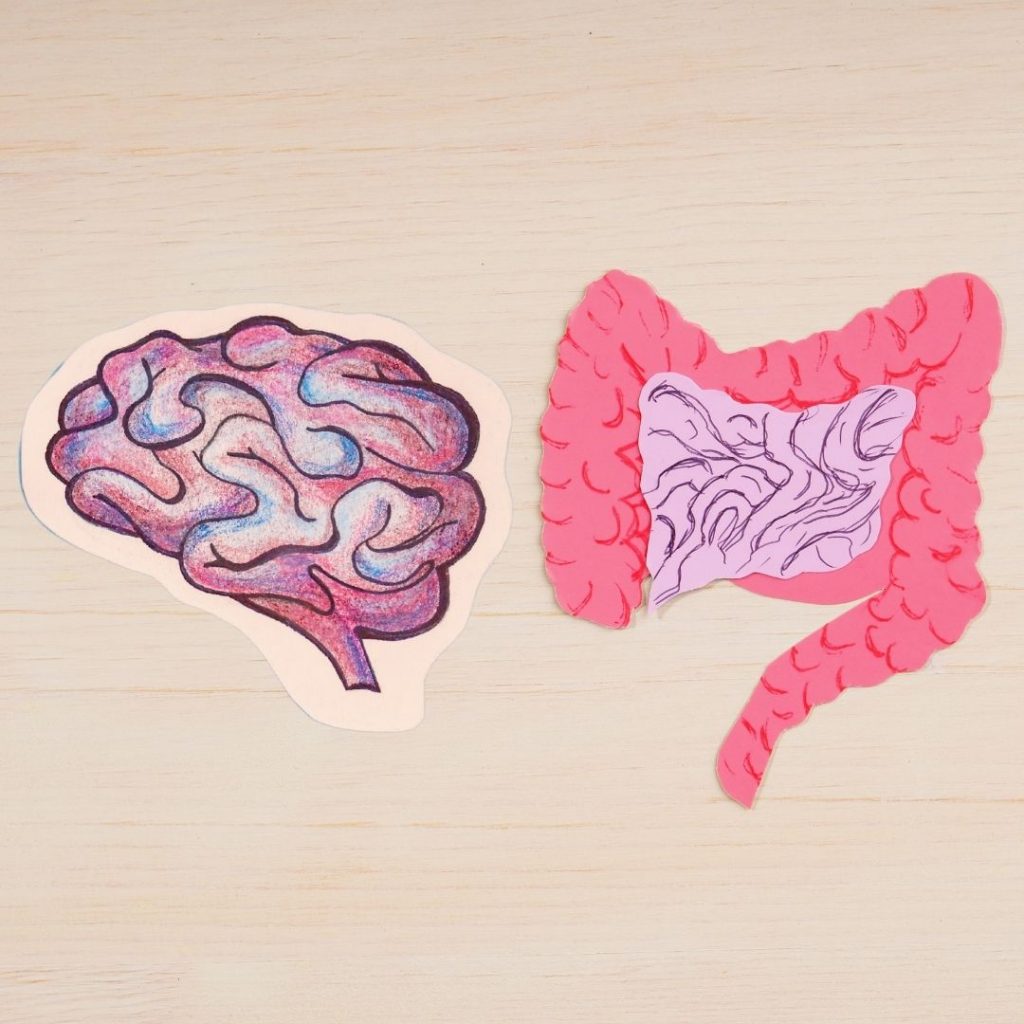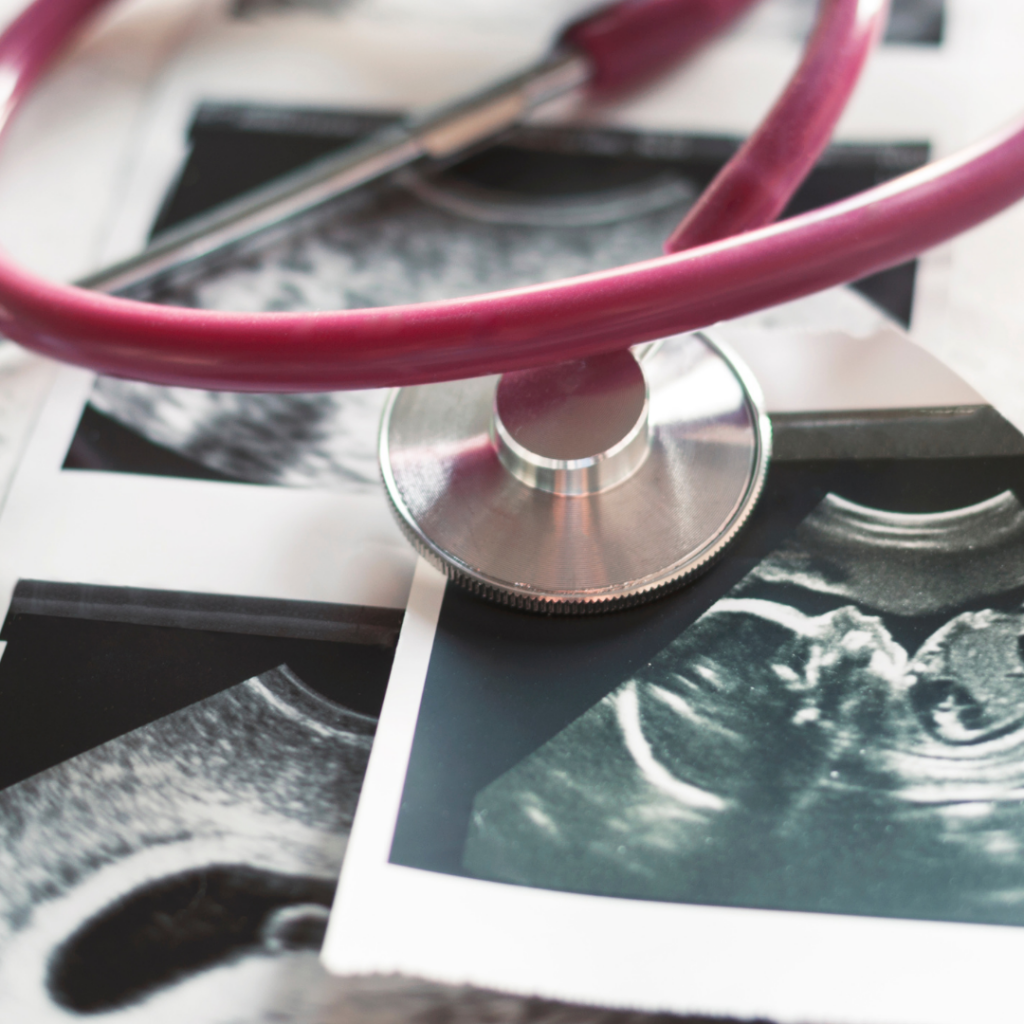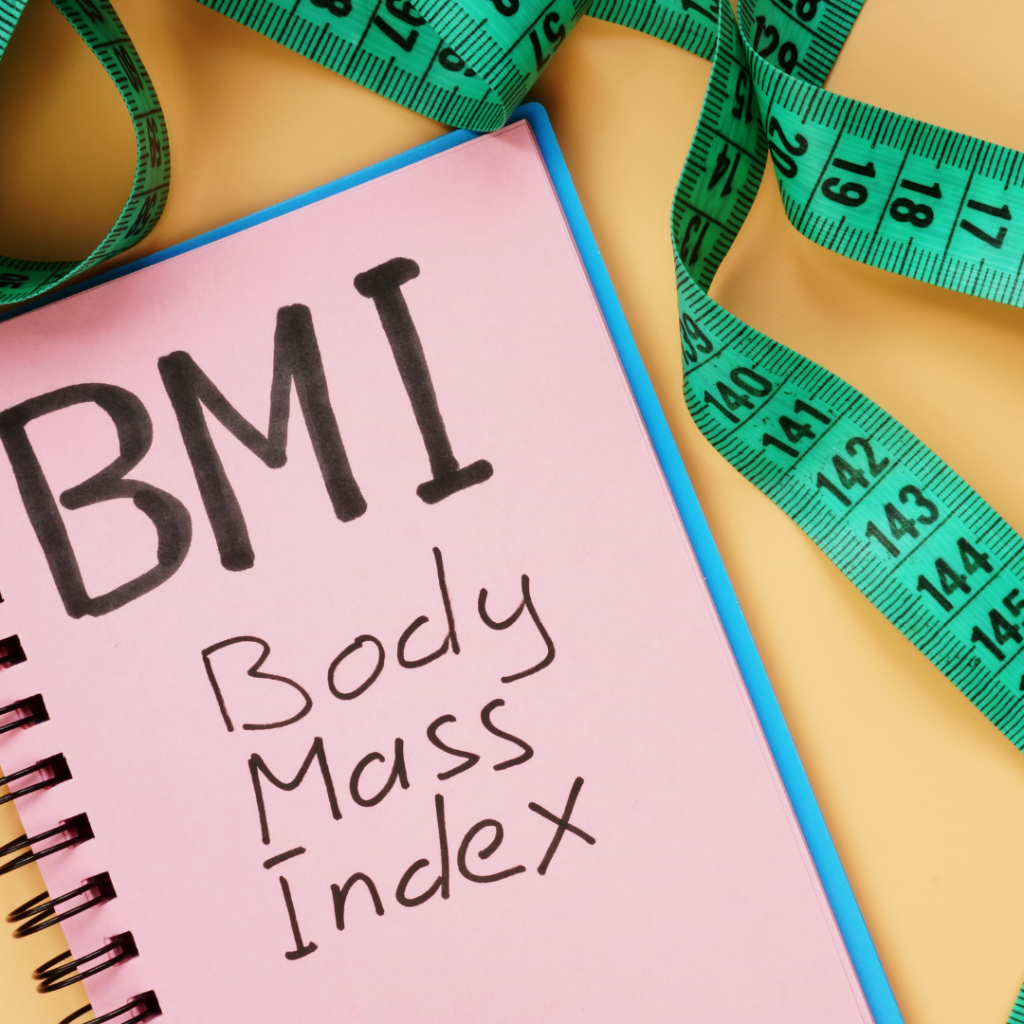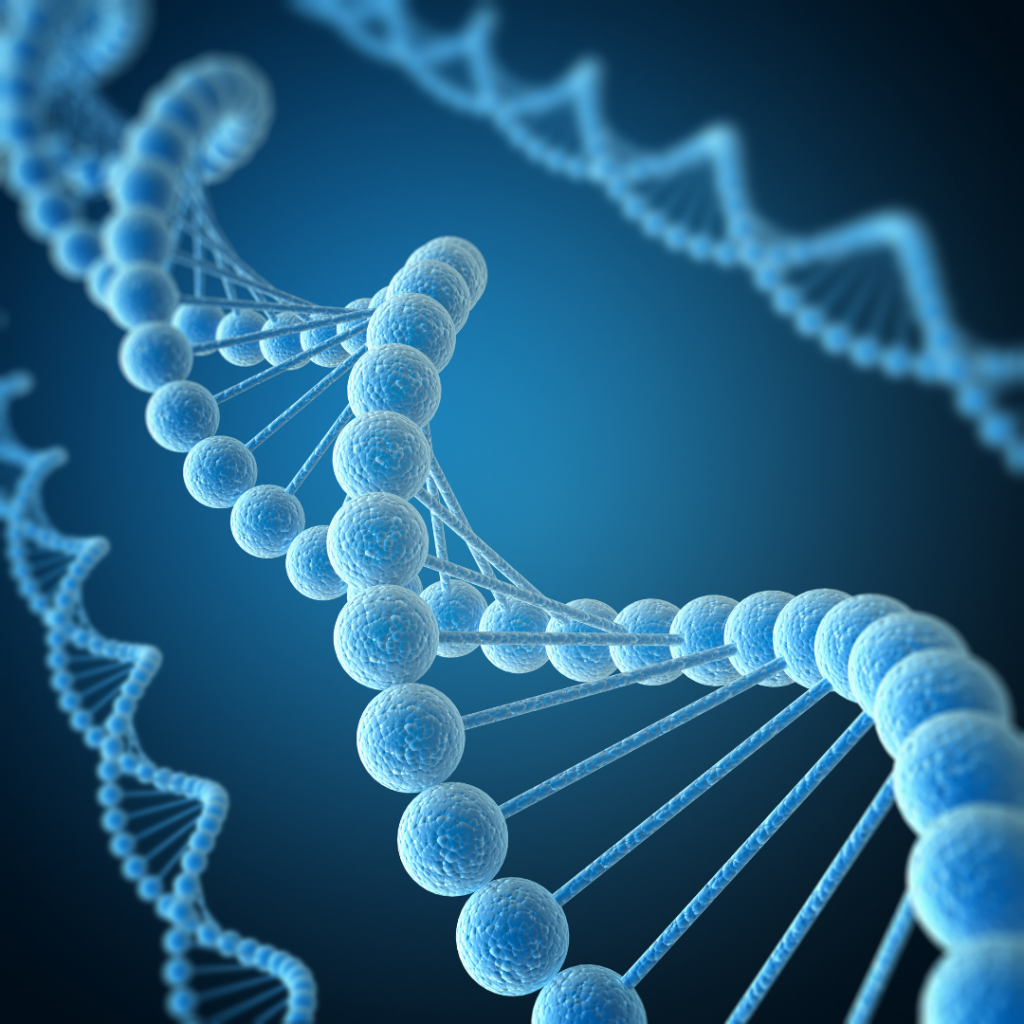Evaluating disorders of gut-brain interaction in eating disorders
Authors: Camilla A Wiklund, Marianna Rania, Ralf Kuja-Halkola, Laura M Thornton, Cynthia M Bulik Journal: International Journal of Eating Disorders Main research question addressed: To document the frequency of DGBI (disorders of gut-brain interaction) across anorexia nervosa, bulimia nervosa, and multiple eating disorders compared to individuals without an eating disorder. Furthermore, researchers examined the impact of specific disordered eating …
Evaluating disorders of gut-brain interaction in eating disorders Read More »

